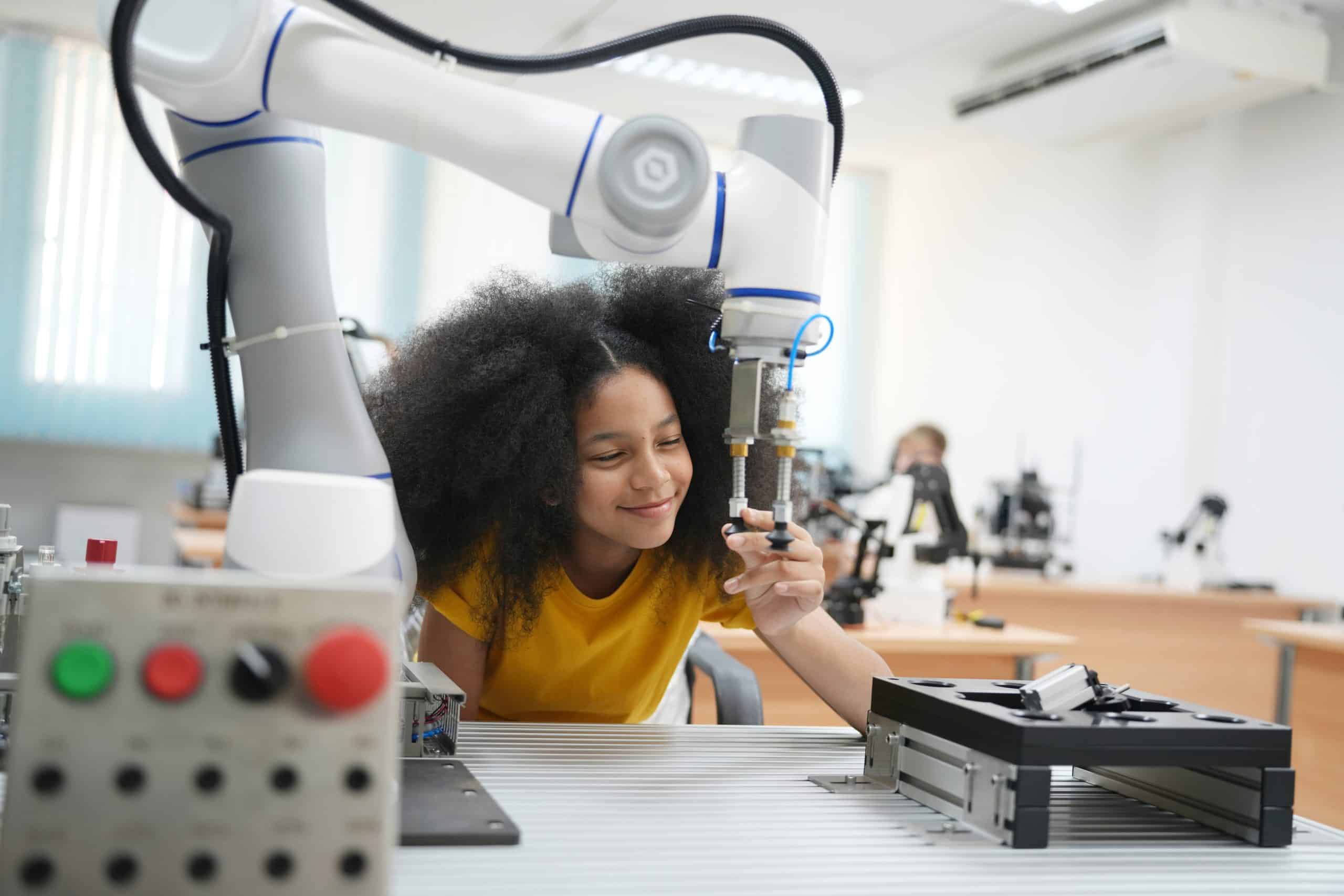How Can UK Food Tech Startups Innovate in Sustainable Packaging?

Packaging plays a crucial role in the Food industry. It preserves freshness, protects products from damage, and often serves as a marketing tool for brand awareness. However, conventional packaging materials, prominently plastic, have proven to be detrimental to the environment, posing severe challenges to sustainability. Moving to more sustainable packaging solutions is no longer an option but a requisite for the food industry. For startups in the UK food tech scene, innovating in sustainable packaging presents an opportunity to contribute to a greener future while meeting the evolving demands of consumers.
The Problem with Traditional Food Packaging
Typical food packaging materials, such as plastic, are derived from non-renewable resources and are often non-biodegradable. They end up in landfills or oceans, causing environmental pollution and threatening marine life. By 2050, it is predicted that there will be more plastic in the ocean than fish if current waste management practices continue.
In the same genre : How Can UK Independent Music Venues Survive the Shift to Digital Streaming Concerts?
Aside from environmental issues, plastic waste also has economic implications. A significant portion of the materials used in packaging is discarded after a single use, reflecting a massive loss of resources. Each year, the UK generates around 2.26 million tonnes of plastic packaging waste.
Transforming the Packaging Landscape Through Sustainable Solutions
As the detrimental impacts of plastic waste become more apparent, consumers are increasingly demanding greener, more sustainable packaging options. This demand, combined with stricter waste and recycling regulations, is compelling companies, including startups, to rethink their packaging strategies.
Also read : What Are the Best Techniques for Small UK Publishers to Adapt to the Digital Age?
Sustainable packaging is based on the principles of reducing resource use, reusing materials, and recycling waste. It involves using materials that are easy to recycle, compostable, or derived from renewable resources. Some innovative startups are creating packaging from plant-based materials, like cornstarch and mushroom roots, while others are developing edible packaging solutions.
Food Tech Startups Leading the Charge in Sustainable Packaging Innovation
Many UK-based food tech startups are at the forefront of sustainable packaging innovation. They’re utilising cutting-edge technology, scientific research and novel materials to develop packaging solutions that are not just eco-friendly, but also practical, attractive and cost-effective.
For instance, Ooho, an innovative startup, has created a flexible packaging for beverages and sauces that is entirely edible and biodegradable. The packaging is made from seaweed extract and can decompose in four to six weeks, the same time as a piece of fruit.
Another startup, Flexi-Hex, has created a plastic-free, biodegradable packaging solution for fragile products. The packaging is made from recycled paper and designed to reduce waste and carbon emissions during transportation.
How Can Other Startups Follow Suit?
Startups looking to innovate in sustainable packaging should begin by understanding the key components of sustainability – the 4Rs: Reduce, Reuse, Recycle, and Recover. Reducing the use of resources, including materials and energy, is the first step towards sustainability.
Innovating in sustainable packaging is not limited to using eco-friendly materials. It also involves developing designs that use less material, are lighter to reduce transportation emissions, and are easy to recycle or compost.
Collaboration is crucial for startups to succeed in sustainable packaging innovation. Teaming up with research institutions, other businesses or industry groups can provide resources, knowledge and support that startups might not have access to on their own.
Startups should also stay updated with the latest regulations and consumer trends in sustainability. Understanding the regulatory environment can help them develop products that comply with the rules, avoid costly penalties and meet the consumers’ expectations.
The Future of Sustainable Packaging in Food Tech
The push for sustainable packaging is shaping the future of the food industry. As consumers become more eco-conscious, the demand for sustainable packaging will continue to grow. Simultaneously, advancements in technology and materials science are opening up new possibilities for packaging innovation.
Startups that embrace sustainability as a core business value, invest in research and development, and collaborate with other stakeholders will be well-positioned to lead in the increasingly green future of food packaging. Their success will not only reduce the environmental impact of packaging waste but also drive the growth and profitability of their businesses.
Case Study: EIT Food and the SSPP Challenge
EIT Food, a leading European food innovation initiative, is actively promoting sustainable innovation in the food tech industry. One of their key initiatives is the SSPP Challenge (Sustainable Packaging, Sustainable Processing), an annual competition that invites startups to propose innovative solutions to the food packaging problem.
The SSPP Challenge aims to facilitate the transition towards a sustainable future by encouraging the development and implementation of revolutionary packaging solutions. These solutions focus not only on the materials used but also on the processes and supply chain management.
A clear understanding of the supply chain is crucial for startups aiming to make an impact in sustainable packaging. The journey from production to the consumer and finally disposal or recycling of the package is complex and has varying environmental implications. Therefore, sustainable packaging innovation should consider the entire lifecycle of the product.
The challenge has seen some incredible innovations from plant-based solutions to packaging that reduces food waste. One notable example is a novel packaging material made from food waste itself. By transforming waste into a valuable resource, this solution demonstrates the power of circular economy principles in tackling the sustainability challenge.
Embracing a Sustainable Future: The Role of Food Tech Startups
Looking ahead, the role of food tech startups in the journey towards a sustainable future cannot be emphasised enough. The food industry is a significant contributor to environmental pollution, largely due to conventional packaging practices. Innovative solutions from startups have the potential to disrupt these practices and significantly reduce the environmental impact.
The urgency to switch to sustainable packaging is expected to drive a wave of innovation in the coming years. Increasing consumer awareness and demand for eco-friendly packaging, coupled with tightening regulatory requirements, will be significant drivers of this change. As such, startups that can successfully tap into this trend will likely thrive.
However, to truly revolutionise food packaging, startups need to look beyond just replacing plastic. They must consider other aspects such as reducing food waste, energy efficiency in production, and simplifying the recycling process. Additionally, collaboration with key stakeholders across the supply chain, from sustainable agriculture producers to waste management companies, is crucial.
In conclusion, the move towards sustainable packaging presents an exciting opportunity for UK food tech startups. Through innovative solutions and a commitment to sustainability, these startups can play a major role in transforming the food industry. The road to a sustainable future is challenging, but with the combined efforts of businesses, consumers, and regulators, it is definitely achievable. The drive toward sustainable packaging is more than a trend; it is a necessity in our quest for a sustainable future.
